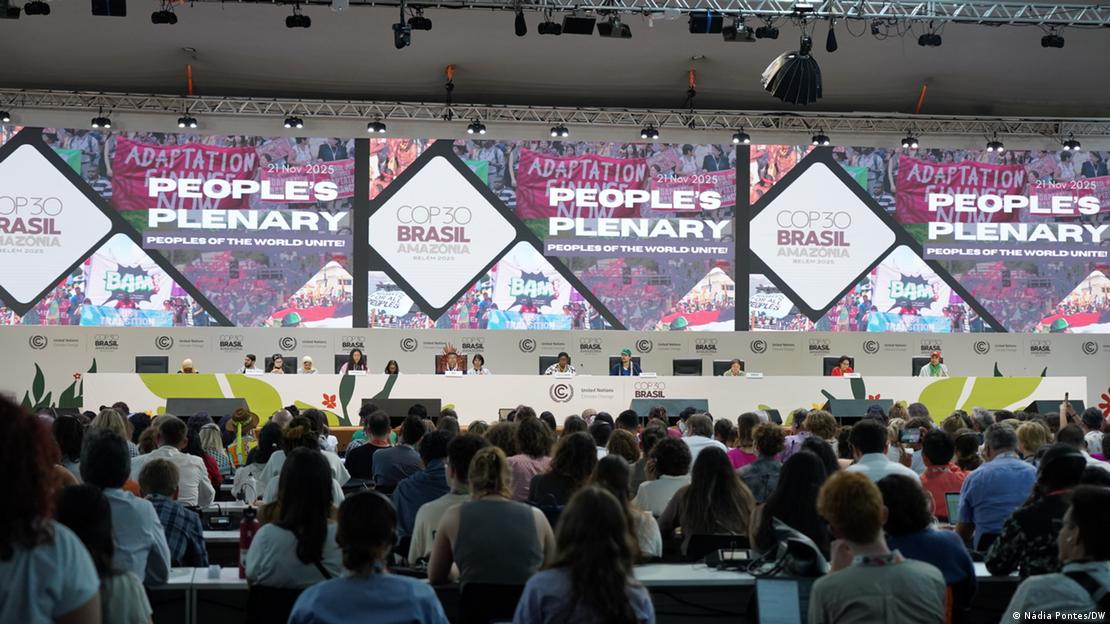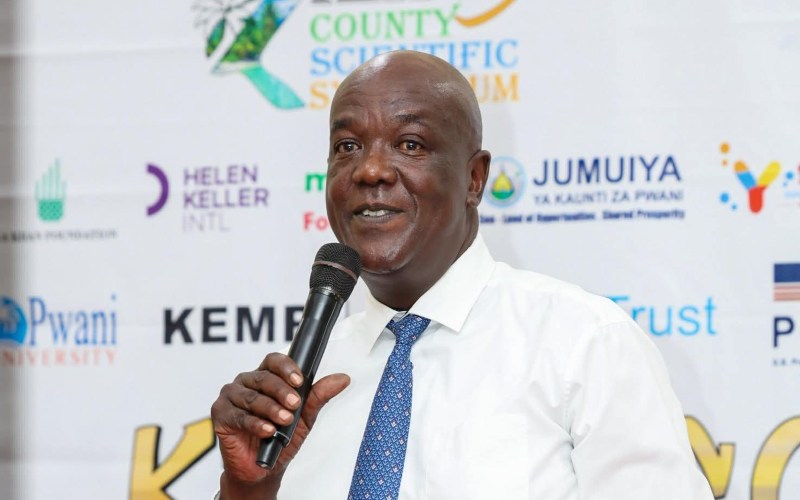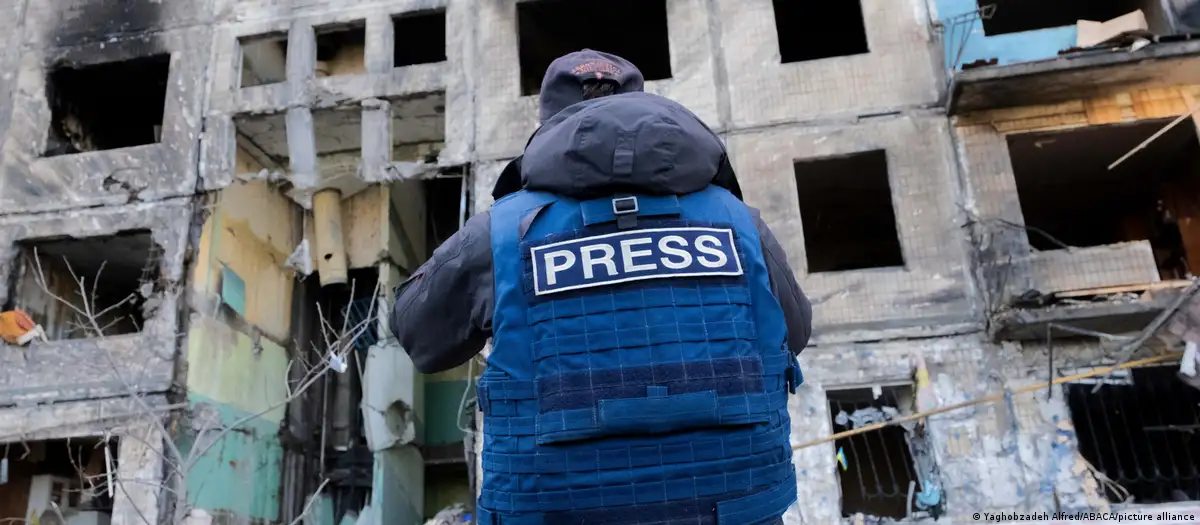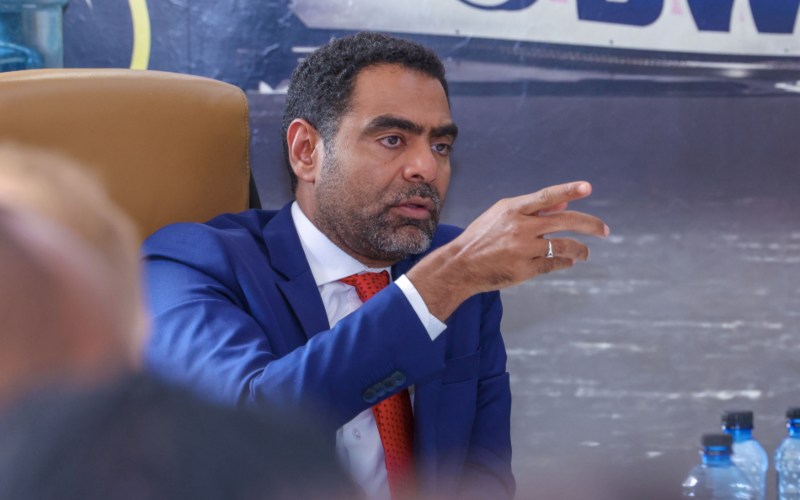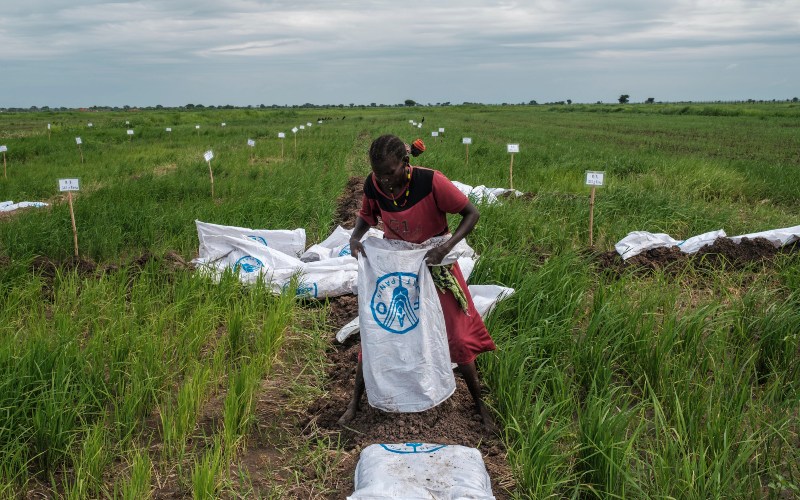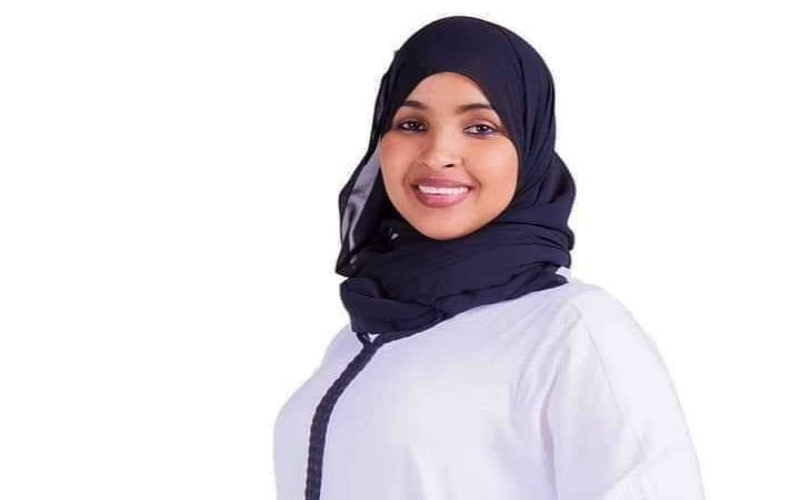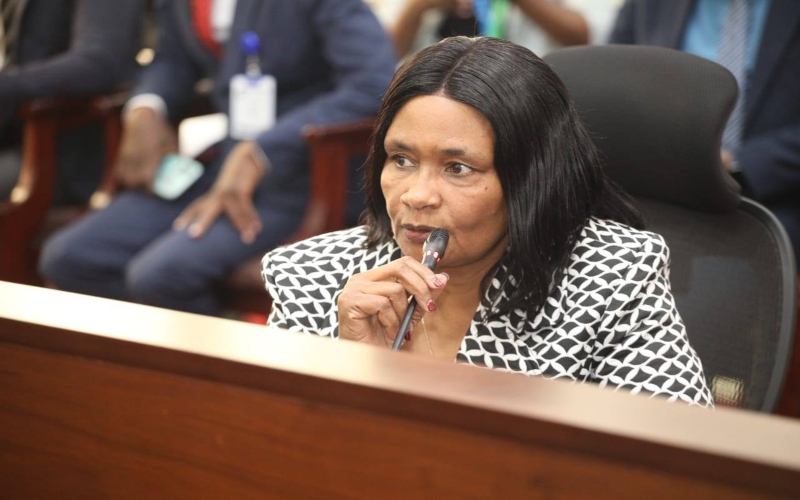Calls for urgent action on teen pregnancies as Kenya marks Day of the Girl
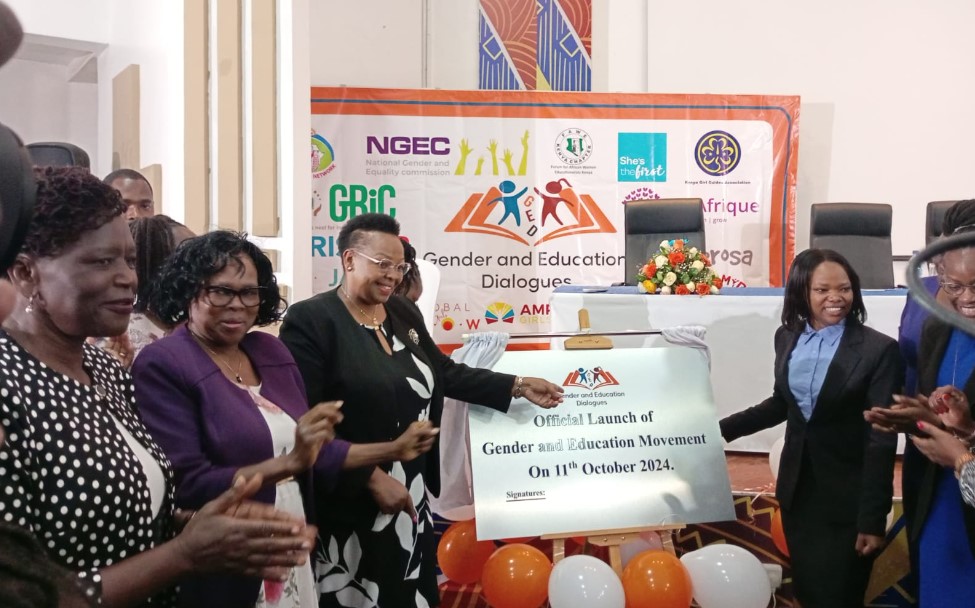
A major barrier to girls' education remains the inadequate allocation of sanitary towels.
In celebration of the International Day of the Girl, an intergenerational dialogue was held at the Kenya Institute of Curriculum Development in Nairobi, marking the launch of the Gender and Education Movement.
Aligned with the theme "Girls' Vision for the Future", this initiative brought together leaders and stakeholders to reflect on Kenya's progress in promoting gender equality in education, while also addressing the barriers that exist, particularly for girls.
More To Read
- Maasai community leads change as elders endorse fight against FGM and early marriage
- Stakeholders warn of increased FGM cases in Wajir during long school holiday
- Gender CS Cheptumo calls for collective action against teenage pregnancies
- From silence to strength: The Kenyan women ending FGM and early marriages
- Nowhere to run: How girls escaping harm still find themselves in unsafe spaces
- Male circumcision is made easier by a clever South African invention - we trained healthcare workers to use it
As Kenya continues its journey 30 years after the Beijing Declaration, the Gender and Education Movement seeks to tackle urgent issues such as teenage pregnancies, gender disparities, and the obstacles that prevent girls from accessing quality education. The challenges are profound, with Kenya ranking third globally in teenage pregnancies — a statistic that continues to hinder girls' education.
The movement was officially launched by Nominated Senator Veronica Maina.
"We must integrate the gender principle into our constitutional amendments," she urged, emphasising that only through legal reforms can women have equal representation and opportunities in every sector, including education.
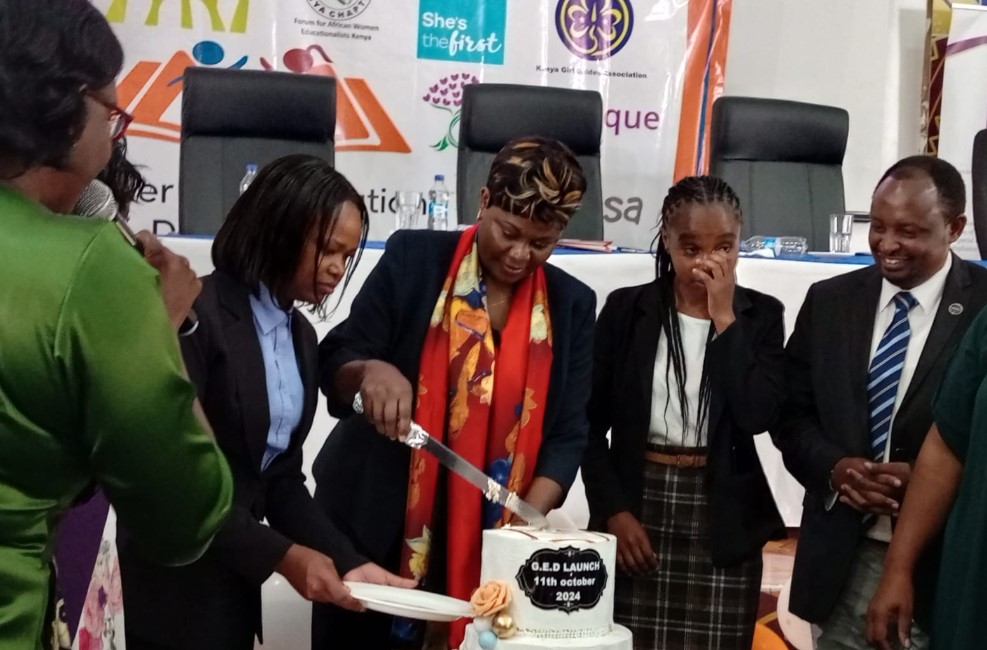 Former Nyeri Woman Rep Priscilla Nyokabi cuts a cake to mark the launch of the Gender and Education Movement on October 11, 2024. (Photo: Charity Kilei)
Former Nyeri Woman Rep Priscilla Nyokabi cuts a cake to mark the launch of the Gender and Education Movement on October 11, 2024. (Photo: Charity Kilei)
Unchanged statistics on teenage pregnancy
Dr Joyce Kinyanjui presented troubling statistics that have persisted over the last decade.
"Teenage pregnancies remain alarmingly high," she noted, adding that nearly 50 per cent of girls in Samburu and 28 per cent in Narok have had children. Other regions, including Migori and Nyeri, reflect similarly concerning trends.
"Early pregnancy not only forces girls out of school but perpetuates a cycle of poverty and inequality," she added, calling for urgent interventions to address this issue.
Challenges in education access
Despite notable progress, Kenya's education system still faces critical gaps, particularly in rural and marginalised regions.
"We still have 2.5 million children out of school, and gender disparities are especially stark in counties like Mandera, Garissa, and Turkana," Kinyanjui observed.
She pointed out that more boys than girls benefit from educational resources like computer lessons and science facilities. For instance, 63.3 per cent of boys receive computer lessons compared to 53 per cent of girls, and more boys' schools (61 per cent) have chemistry labs compared to girls' schools (42 per cent).
"It's heartbreaking to see that 7 per cent of girls study outdoors under trees, compared to only 3.5 per cent of boys," Kinyanjui said, calling for swift action to address these inequalities.
The sanitary towels dilemma
A major barrier to girls' education remains the inadequate allocation of sanitary towels.
Caroline Karimi, from the Office of the Human Rights Advisor to the President said various disparities and inequalities hinder girls from going to school
Currently, the allocation stands at just Sh16 per girl annually, a fraction of the actual cost, which is around Sh80. This leaves many girls without access to the necessary resources, leading to frequent absenteeism.
Only 23 per cent of schools provide adequate disposal facilities for sanitary pads, Karimi added, saying this further impacts girls' attendance and participation in school.
Addressing gender dynamics
Karimi emphasised that gender equality in education must benefit both girls and boys.
"Empowering girls does not mean disempowering boys. We need to create an environment where both can thrive," she said, noting that more data is needed to understand the challenges boys face, particularly regarding violence and societal pressures.
Fighting FGM
Despite being outlawed, female genital mutilation (FGM) remains rampant in 24 counties across Kenya.
Stakeholders at the event called for stronger enforcement of the law and more robust efforts to protect girls from early marriages, FGM and violence.
Former Nyeri Woman Rep Priscilla Nyokabi called for the implementation of policies that enhance equity in education.
"We must ensure that every girl has the opportunity to complete her education without interruption," Nyokabi said.
While policies like re-admitting pregnant girls are good, they are not enough, she said.
Nyokabi also highlighted the importance of increasing girls' participation in STEM (science, technology, engineering, and mathematics) fields.
"We've seen a seven per cent increase, but that's far from enough. Our goal should be to ensure at least 34 per cent of girls are pursuing STEM subjects. The future of our country depends on it," she said.
Mary Chepkemoi of the Zizi Afrique Foundation emphasised the need for resilience in the face of setbacks caused by the Covid-19 pandemic.
"We cannot afford to let the pandemic reverse the gains we've made. Investing in girls' education is the single most important thing we can do to reduce poverty and improve our nation's overall well-being," she said.
The Gender and Education Movement will provide a platform for policy change, resource allocation, and ongoing dialogue aimed at dismantling the barriers that hinder girls' access to education.
With a vision to ensure that every girl in Kenya receives 12 years of quality education, this movement is pushing forward toward a brighter, more equitable future for all.
Top Stories Today
